| There is no manual for living with braces. So, we’ve put together some tips to ensure you feel ready for the journey ahead.
For many, the first two weeks after getting braces are the most challenging. You have to get used to a new appliance, and all the rules that go with it. We’ve spoken to some previous orthodontic patients to learn what they wish they knew from the beginning, to ensure your road to a straight smile is nice and smooth. Here’s what they had to say. Be prepared with an orthodontic care kitWhether you’re a child or an adult, having a pack with essential items on hand will make sure you feel prepared for the orthodontic journey ahead. If you are an adult, you can also include over-the-counter pain relief medication such as Panadol or Nurofen to help you get through a busy day when you are feeling a little under the weather. Be equipped with the right toolsOne of the first things you will notice when you start wearing braces is that it’s easy to get food stuck in your teeth (and it’s harder to get it out). If you do not have a small toothbrush or interdental brush with you (which you should if you followed step 1), you might need to become a little more creative. Previous patients recommend filling your mouth with some water and swishing it around in your mouth until the food particles fall out of the crevasses and you have a fresh smile Stock your fridge and pantry with braces-friendly foodYour orthodontist probably gave you some information about types of food you should and shouldn’t eat. We know it can be tempting to break the rules – until you break a bracket. It’s not worth it, so stay away from popcorn, caramel, nuts, and other hard, sticky or chewy foods that could lead to an unscheduled trip to your orthodontist. The bright side is that there are plenty of yummy, soft food you can eat with your braces, including yoghurt, ice-cream, smoothies, mashed potatoes, veggies and soup. So, stock up on your favourite treats and you will not feel like you are missing out. Want a refresher on the best food to eat with braces? Check out our list. Orthodontic wax is your new best-friendWhen you first have your braces, the brackets will rub on the inside of your mouth. This friction can cause some minor pain and discomfort. This is because your mouth is still adjusting to the appliance. While there are plenty of solutions such as drinking a cold drink or taking Panadol, the best thing to do is apply orthodontic wax. While the relief is temporary, it will certainly help until the soreness subsides. Simply, break off a small piece of wax, roll it into a ball between your fingers to warm it up, then place it on the area of your braces that’s bothering you. Think about whitening your teethDuring braces treatment, some people are so focussed on getting a straight smile that they forget about how the appliance may affect the colour of their teeth. Avoid drinking coffee, tea and other sugary foods that are known for staining teeth while wearing braces. If you can’t live without your caffeine hit, we suggest thoroughly rinsing your mouth with water after drinking your coffee to reduce the chances of staining your teeth. Using a quality brand of toothpaste can also help, or ask your orthodontist about teeth whitening solutions when you’re nearing the end of your treatment. Click here for teeth whitening tips after braces.
Remember to take care of your lipsBraces will obviously cause some changes to the inside of your mouth. But it’s important not to overlook what they can do to other parts of your body, too. Wearing braces can cause your lips to dry out. The brackets and wire take up space in your mouth, which can cause some people to stop producing as much saliva in their salivary glands. This can make your mouth – and lips – feel dry. A simple lip balm should be enough to soothe dry or chapped lips. Make sure to add it to your orthodontic care kit. Consider a Water FlosserYou may have heard of a water flosser. It’s an electrical device that shoots a pressurised stream of water between your teeth to remove plaque, food and bacteria. Water flossers are increasingly popular amongst the general population. But should you use one with braces? The answer will depend on your individual preferences, but many patients with braces find water flossers useful – especially after eating, when food can cling to the wires and brackets. The stream of water can help dislodge food particles quickly and easily, though you will still need to floss the traditional way as well. (Many users report getting the best results by using both methods.) |
Seven life hacks for living with braces
November 5, 2021
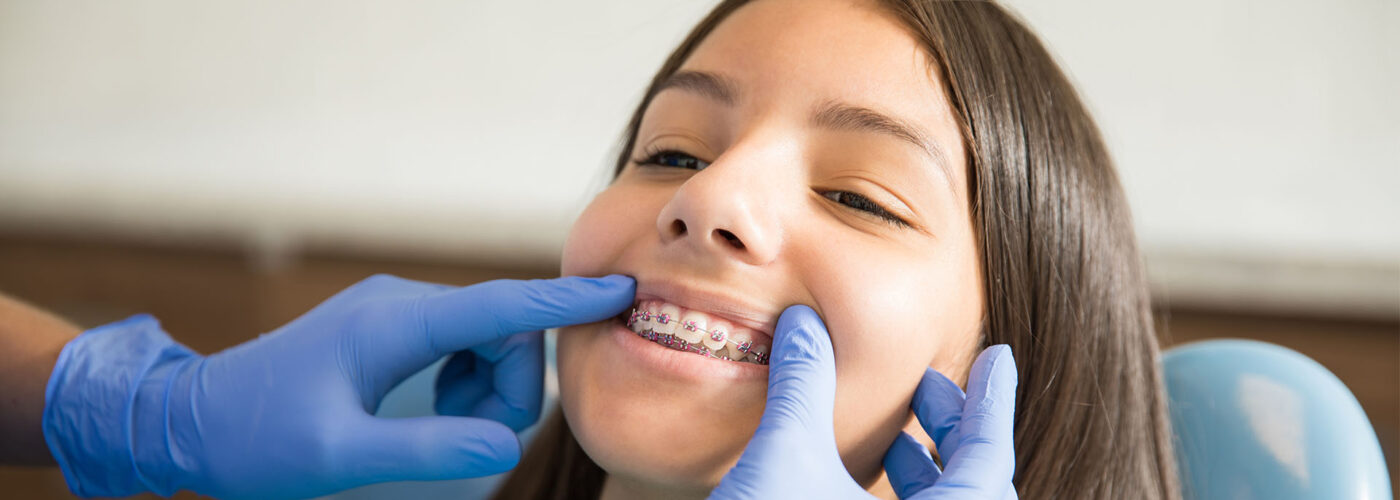
Comments
Ask a question or leave a comment
You may also like…

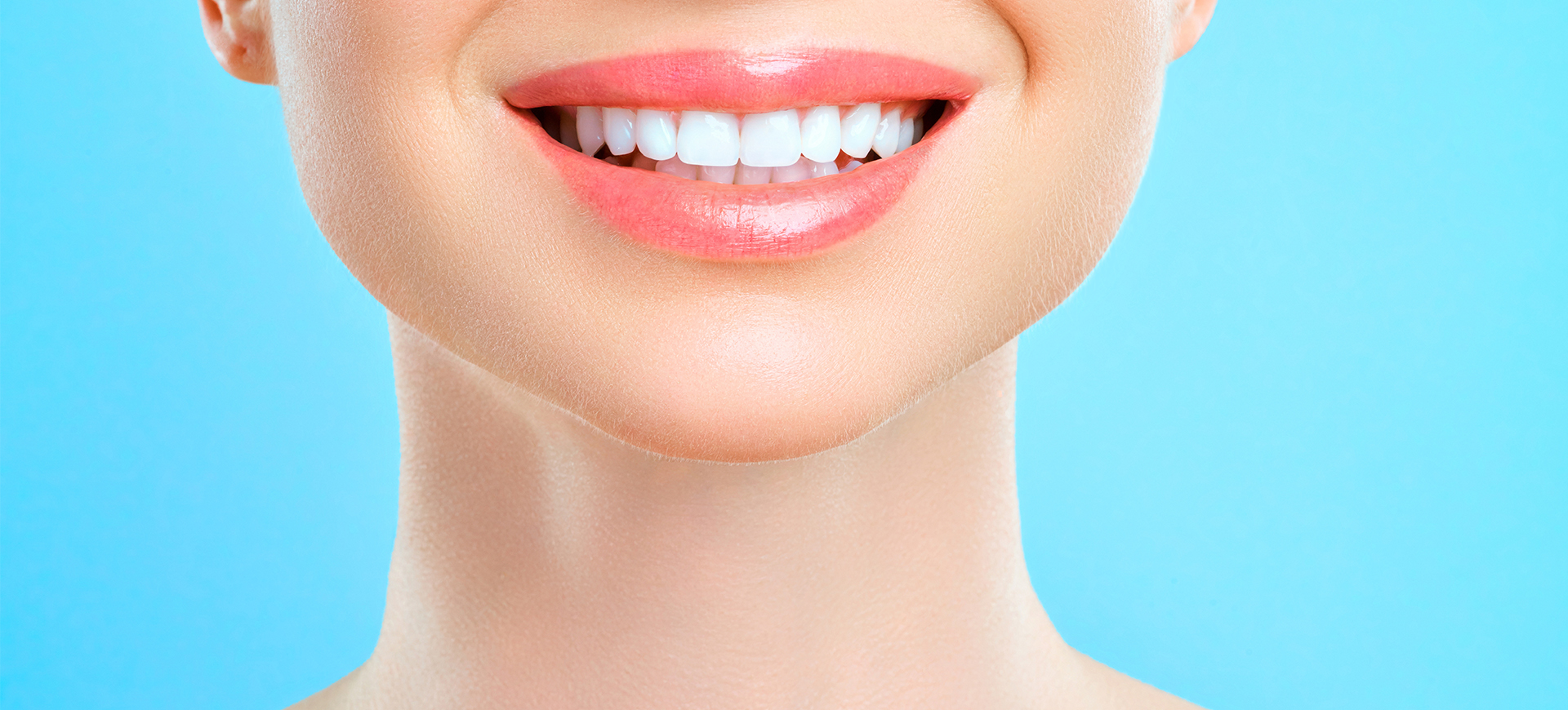



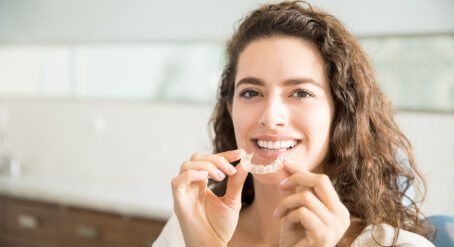
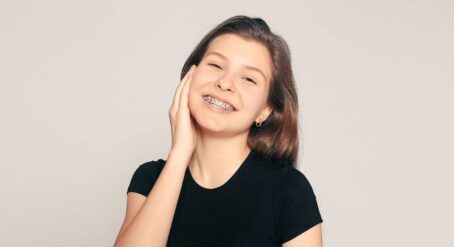
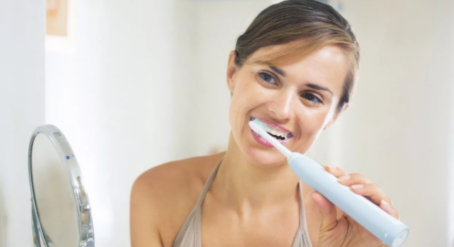


Great article source to read. Thank you for sharing tips and advice.